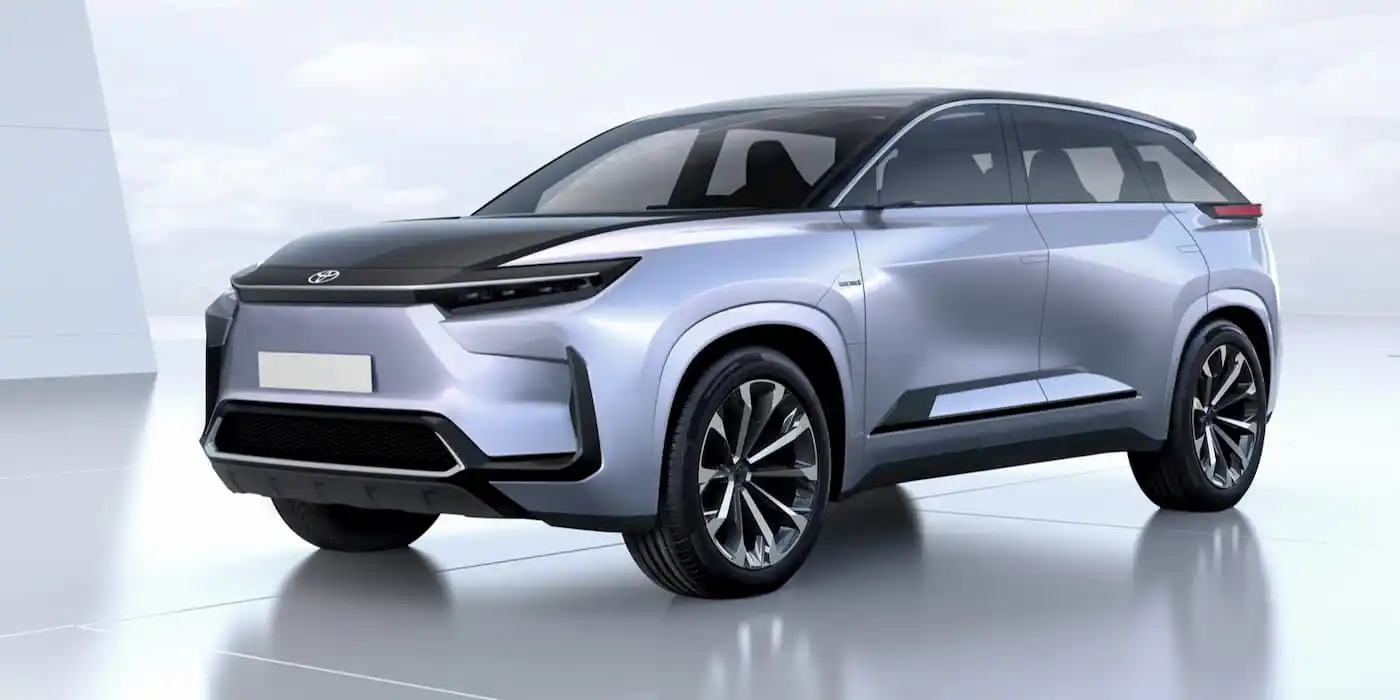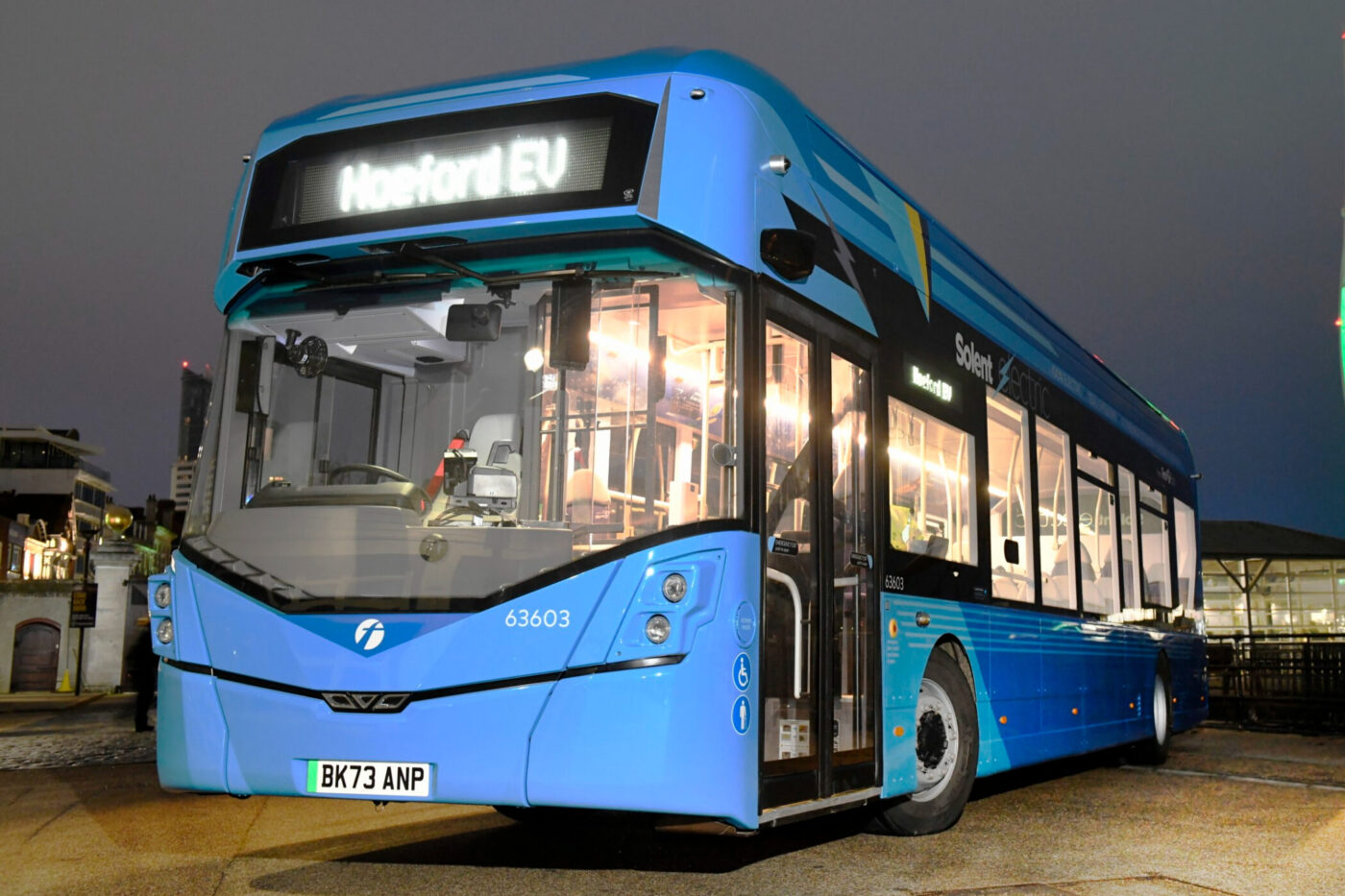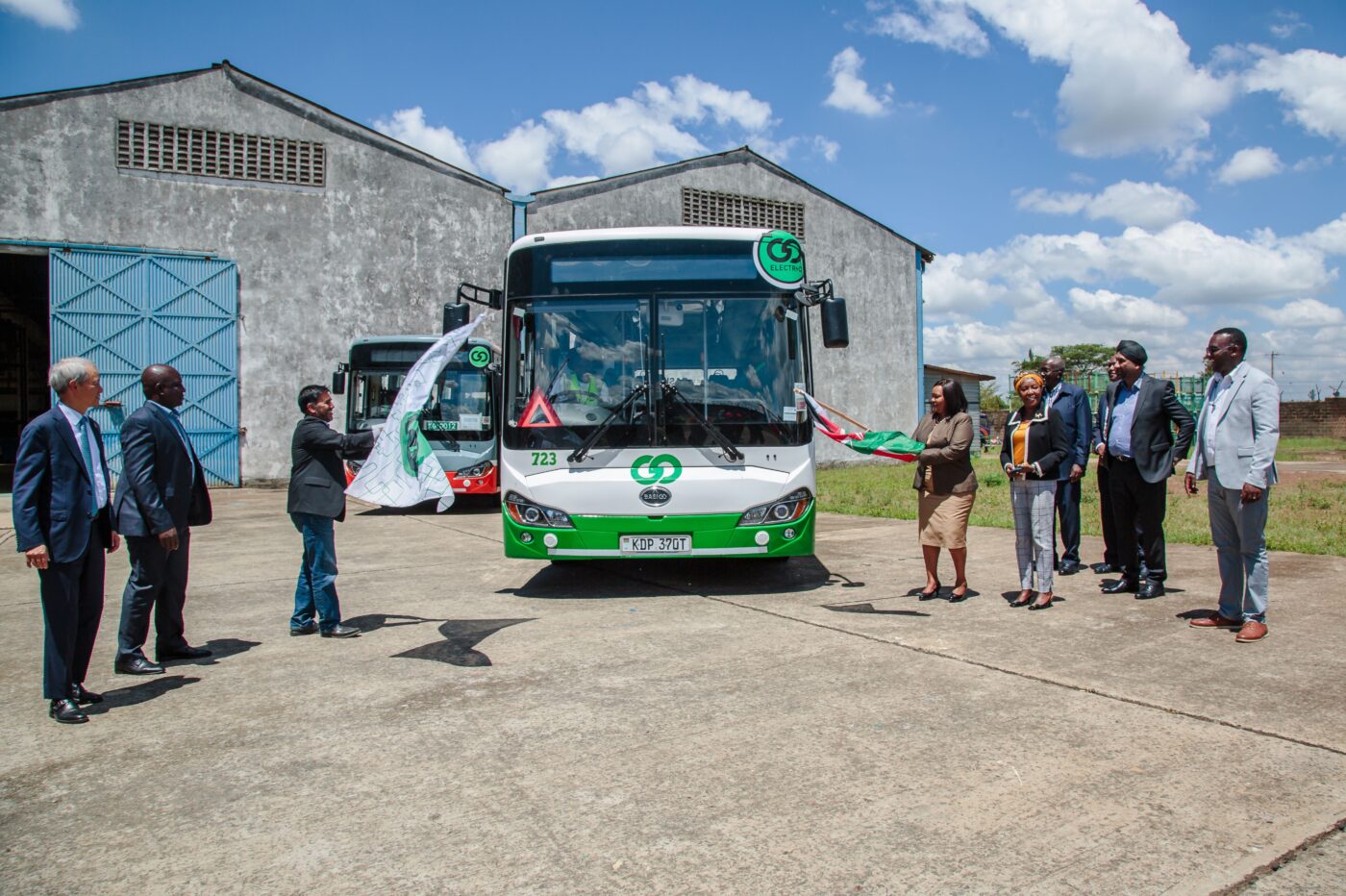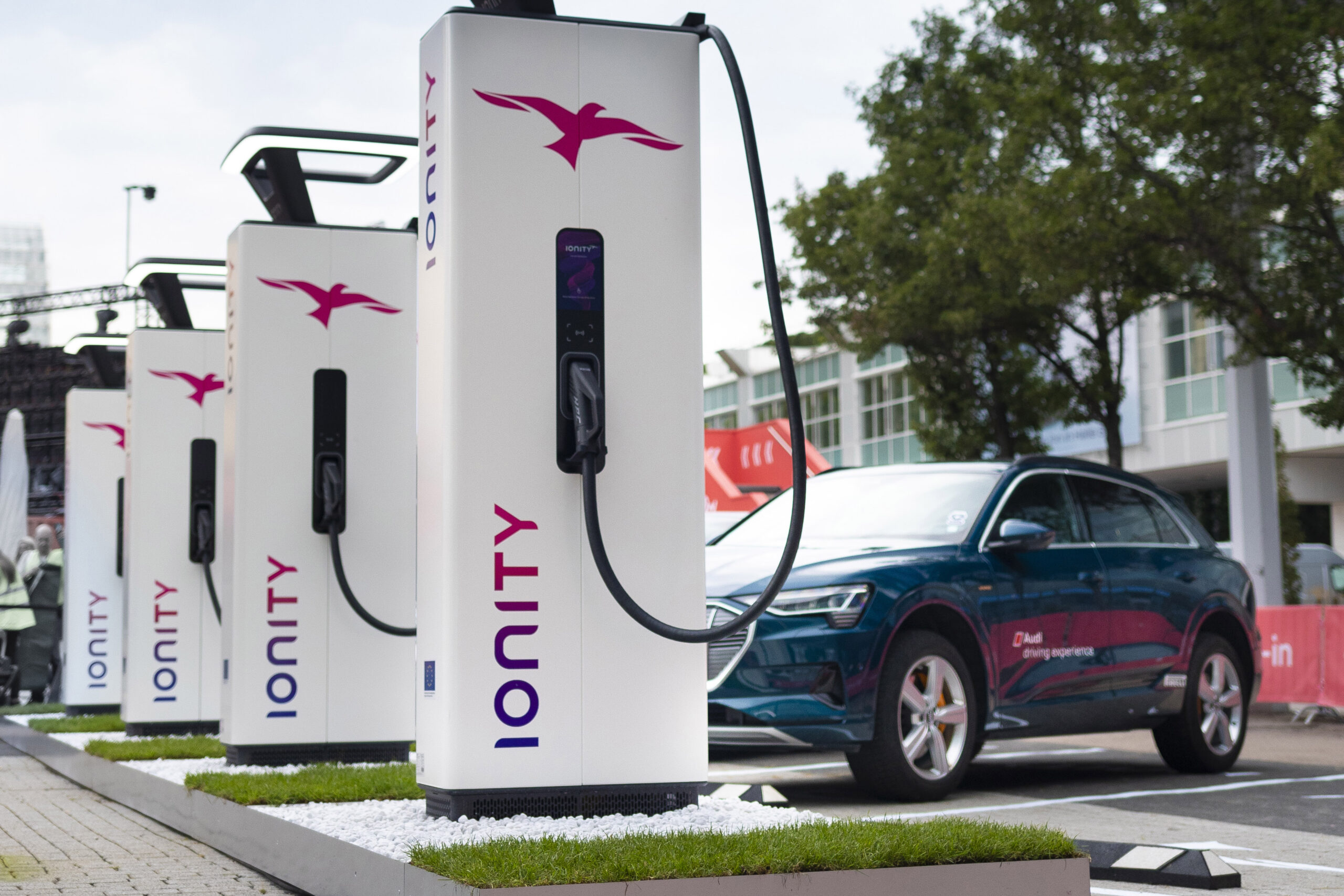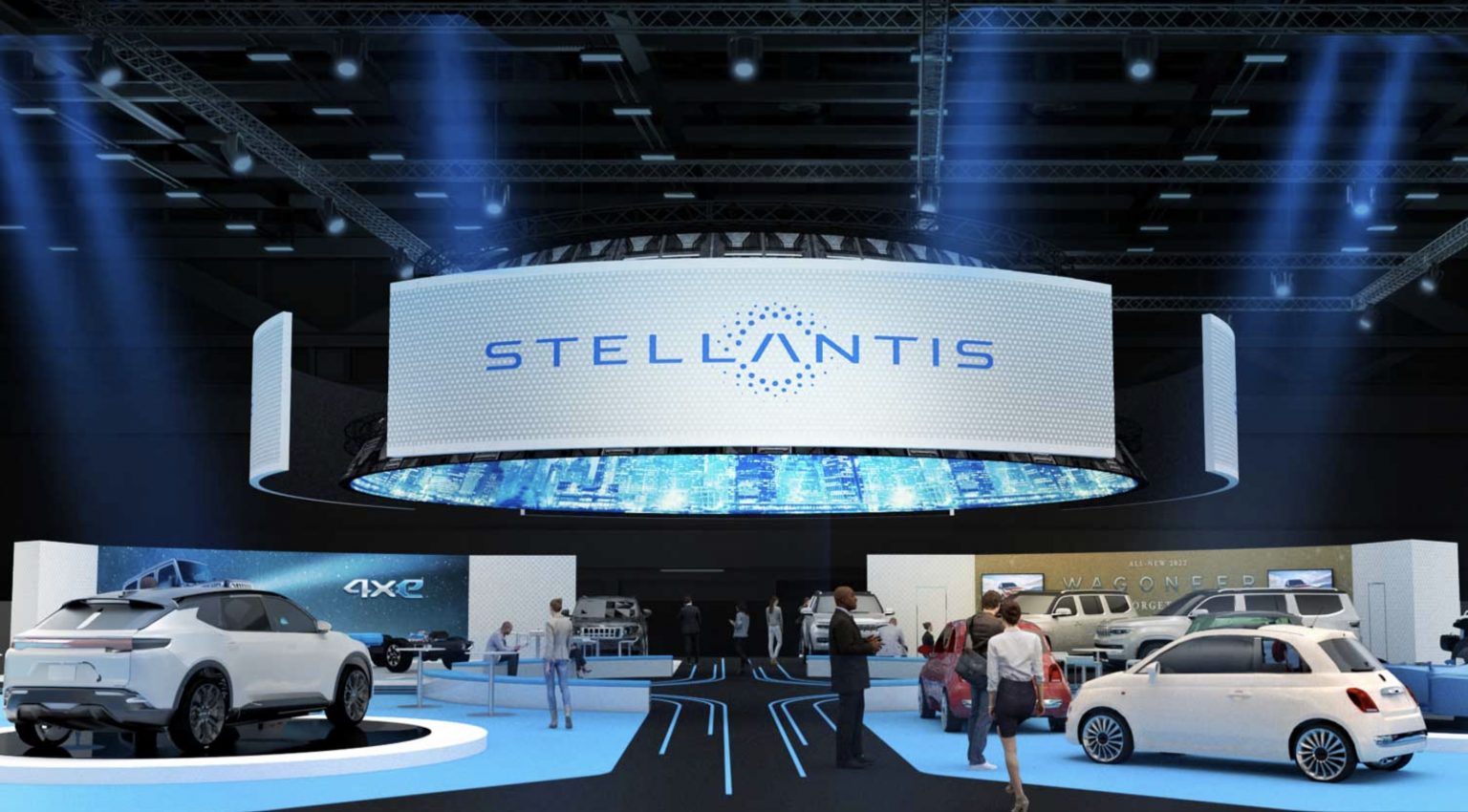After a slow start in the electric vehicle (EV) market, Toyota is gearing up to introduce a wave of new electric cars, starting with its second best-selling SUV in the US, the Toyota Highlander, which will go fully electric. This move may be followed by other familiar names like the Tacoma and Tundra.
Toyota has been criticized for its slow transition to fully electric vehicles, offering only two EV models in the US—the bZ4X and Lexus RZ—and with no new offerings expected for at least another two years.
Despite selling over 565,000 vehicles in the US in the first three months of 2024, Toyota has seen limited success with EVs, selling only 3,500 units, accounting for just 0.6% of its total sales. In comparison, many other automakers have already achieved double-digit or 100% EV sales share.
To catch up, Toyota is promising new EVs powered by advanced batteries, incorporating new technologies and manufacturing practices to cut costs and improve efficiency.
David Christ, GM of Toyota’s US Division, stated during the 2025 4Runner debut, “We have always been committed to building BEVs. You’re going to see more BEVs from us in the future.” This commitment includes a fully electric Toyota Highlander SUV.
Last May, Toyota announced plans to produce a three-row electric SUV at its Georgetown, KY facility, its first US-assembled EV. In February, the company invested an additional $1.3 billion into the facility to prepare for EV production.
Toyota’s electric lineup will also include a three-row electric SUV under the Lexus brand, potentially named “TZ” according to a trademark filing.
Looking ahead, Toyota is considering an electric compact pickup truck and an EV version of its mid-size Tacoma pickup truck, though these plans will be influenced by market demand.
Additionally, Toyota plans to expand its plug-in hybrid electric vehicle (PHEV) lineup, with models like the Sequoia SUV, Tundra, and Tacoma set to receive PHEV variants soon.

